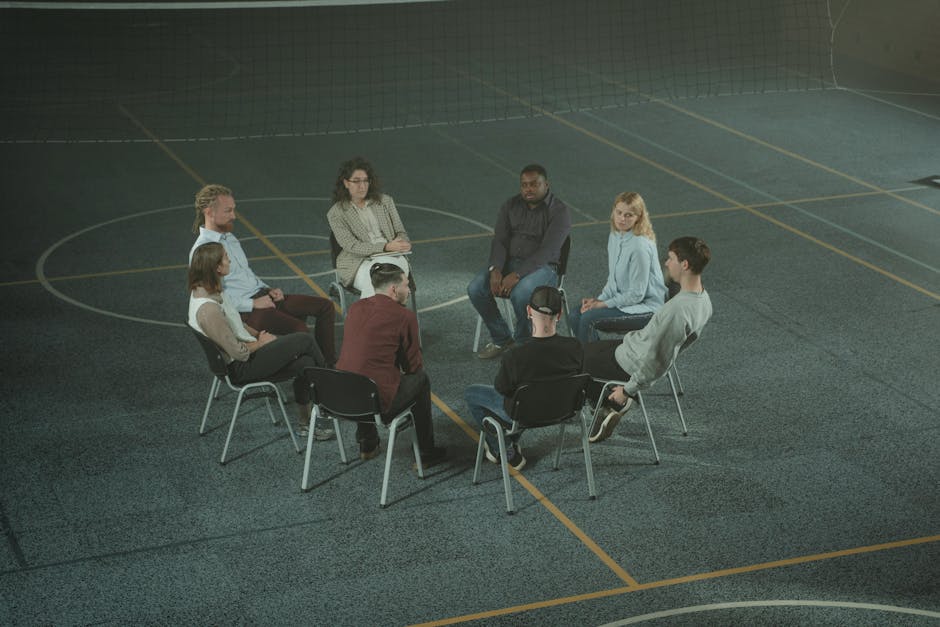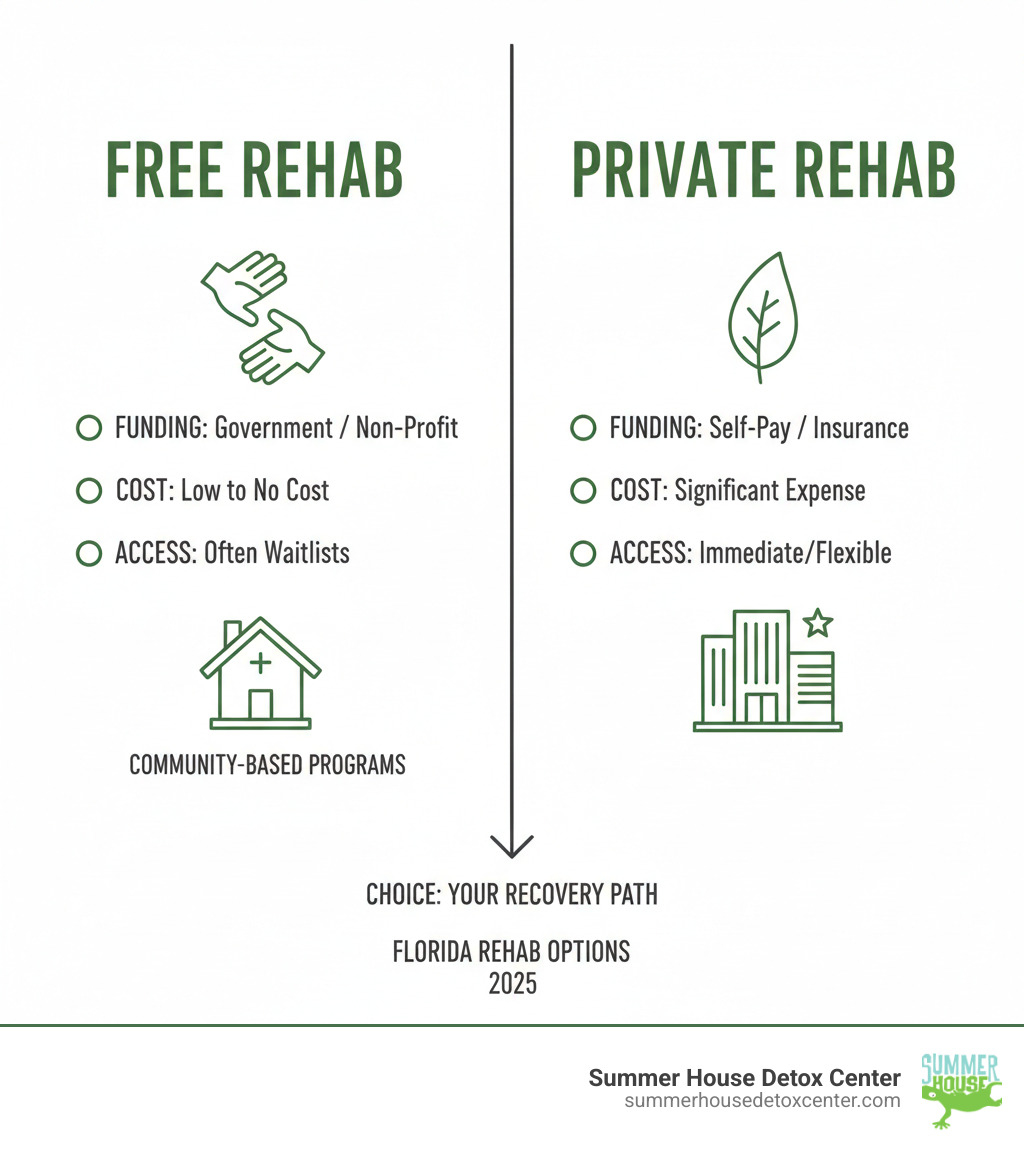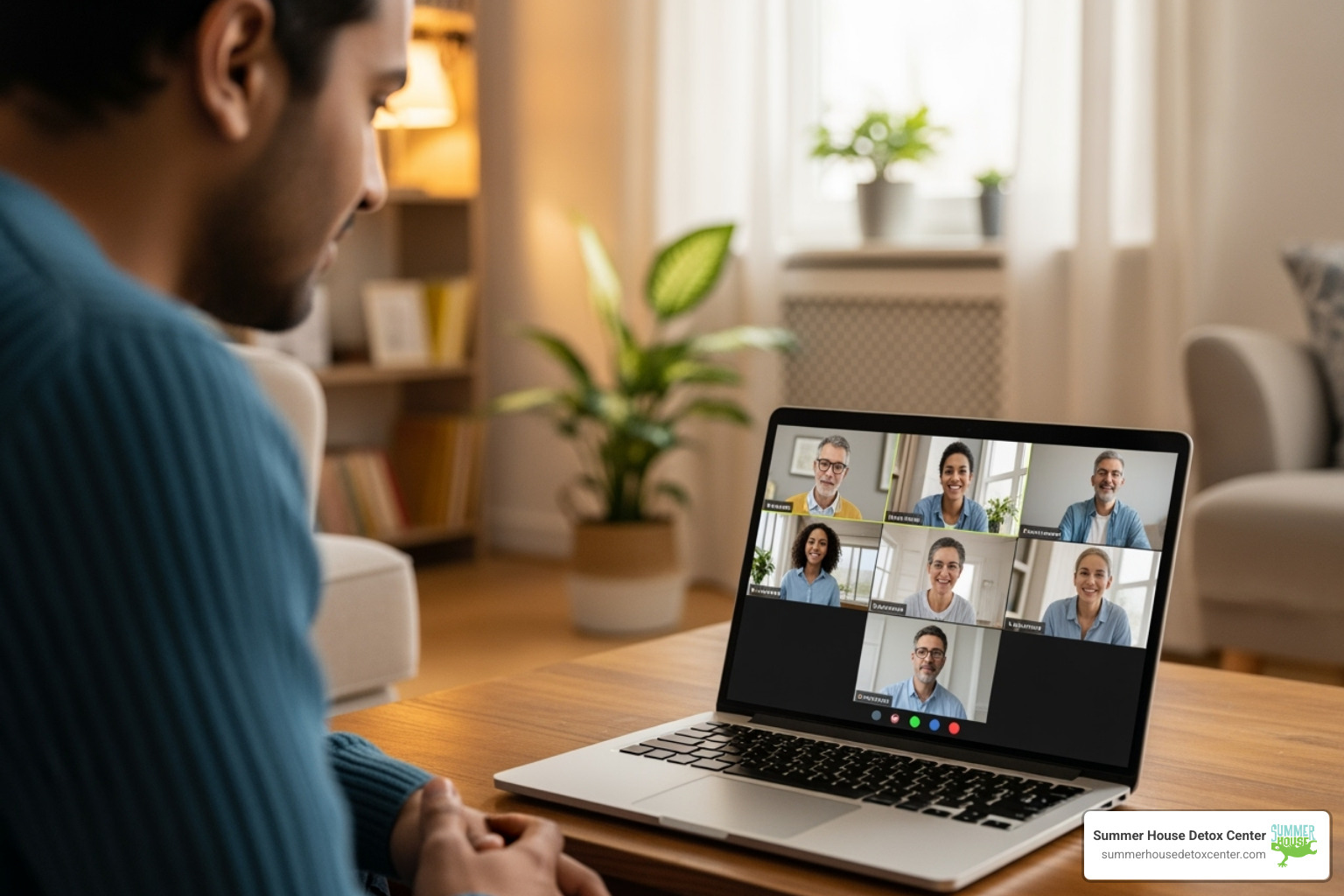The High Cost of Addiction Shouldn’t Cost You Your Recovery
Free rehab facilities in florida are available through multiple pathways, so financial barriers don’t have to stop you from starting your recovery. Here’s how to access them:
Quick Answer: Finding Free Rehab in Florida
- SAMHSA National Helpline: Call 1-800-662-4357 for a 24/7, free, confidential referral service.
- State-Funded Programs: Contact the Florida Department of Children and Families for local options.
- Florida Medicaid: Can cover detox, inpatient, and outpatient treatment if you qualify.
- Non-Profit Organizations: Look into The Salvation Army, faith-based programs, and community health centers.
- Priority Access: Pregnant women, IV drug users, and veterans often get priority placement.
- Major Service Areas: Miami, Fort Lauderdale, West Palm Beach, Orlando, Tampa, Jacksonville.
If you’re struggling with addiction in Florida, cost shouldn’t be a barrier to recovery. Yet, the gap between needing treatment and getting it is huge. In 2022, of the 54.6 million Americans needing substance use treatment, only 13.1 million received any help, often due to financial problems.
What many don’t know is that Florida has an extensive network of free and low-cost treatment options. Government-funded programs, non-profits, and sliding-scale payment options exist to help those who can’t afford private treatment. You don’t need insurance or savings—you just need to know where to look.
This guide will show you exactly how to find these resources, what you’ll need to qualify, and how to take that crucial first step toward recovery without the financial burden.

Similar topics to free rehab facilities in florida:
How to Find Free Rehab Facilities in Florida
Finding free rehab facilities in Florida can feel overwhelming, but help is closer than you think. Here are the most effective ways to find no-cost treatment.
Your first call should be to the SAMHSA National Helpline at 1-800-662-4357. This 24/7, free, and confidential service can connect you with local treatment facilities, support groups, and recovery resources across Florida.
Another powerful tool is SAMHSA’s Behavioral Health Treatment Services Locator. This online database lets you filter by location and payment options, allowing you to specifically search for facilities that offer free services or sliding-scale fees.
For state-specific help, the Florida Department of Children and Families oversees many publicly funded programs. You can find a list of managing agencies on SAMHSA’s State Agencies page. Additionally, the 211 Helpline (dial 2-1-1) connects you with local community health centers and non-profits offering free or low-cost addiction treatment throughout Florida.
Major metropolitan areas typically have the highest concentration of services. Miami, Fort Lauderdale, West Palm Beach, Orlando, Tampa, and Jacksonville are all hubs for recovery resources, but state-funded programs are available in smaller communities as well.
Understanding Eligibility for Free Rehab Facilities in Florida
Eligibility criteria are designed to help those most in need. Common requirements include:
- Proof of Florida Residency: You’ll need a Florida ID, utility bill, or lease.
- Income Verification: You must demonstrate an inability to pay for private care, often by showing you fall below a certain income threshold.
- Lack of Insurance: Many free programs serve those without insurance, though some work with Florida Medicaid.
- Addiction Severity Assessment: A clinical evaluation determines the level of care you need and helps prioritize admission.
Certain groups receive priority placement in state-funded programs, including pregnant women, IV drug users, parents with dependent children, and veterans.
What Documentation Will I Need?
Having your documents ready will speed up the intake process. While requirements vary, you’ll generally need:
- Photo ID: Driver’s license, state ID, or passport.
- Proof of Address: A utility bill, lease agreement, or official mail.
- Income Verification: Recent pay stubs or proof of unemployment.
- Social Security Card: For identification and enrollment.
- Insurance Card: If you have one, even if seeking free care, as some facilities accept Medicaid.
- Medical History Records: Any information on past diagnoses, medications, or treatment attempts.
Types of Free and Low-Cost Rehab in Florida

Free rehab facilities in Florida come in many forms, from government-run programs to community-driven initiatives. The key is finding the right fit for your recovery journey. Exploring Drug Rehab Centers in South Florida can be a good starting point, as many local facilities offer payment assistance.
Government-Funded and State-Funded Programs
These programs are the backbone of accessible addiction treatment in Florida, funded by state and federal money to offer services at little to no cost.
- Florida Medicaid: This is a major resource covering detox, inpatient, and outpatient services for eligible individuals. Many, but not all, treatment centers accept it. You can check your eligibility at Benefits.gov.
- HealthCare.gov Marketplace: If you don’t qualify for Medicaid, you may find a free or low-cost health insurance plan on the HealthCare.gov marketplace that covers substance use treatment.
- SAMHSA Block Grants: The Substance Abuse and Mental Health Services Administration (SAMHSA) provides Florida with millions in grant funding, like the Substance Abuse Prevention and Treatment Block Grant, which supports treatment providers across the state.
- State and County Programs: The Florida Department of Children and Families funds and oversees numerous programs. Many counties, including Miami-Dade, also have their own initiatives to provide services to local residents.
Community-Based and Non-Profit Organizations
A strong network of non-profits and community groups also provides free or low-cost care, operating on donations, grants, and volunteer efforts.
- Local Charities: Organizations like The Salvation Army offer free residential programs in cities like Miami, Fort Lauderdale, and Tampa, often in exchange for work therapy.
- Faith-Based Programs: Many churches and religious organizations across Florida offer free addiction support, from residential programs to weekly support groups. It’s worth calling local institutions to inquire about their services.
- Work-for-Stay Programs: Some facilities provide housing and treatment in exchange for work, offering a way to contribute while you heal.
- Miami-Area Support Networks: Our local community in Miami has a rich ecosystem of organizations, from small grassroots initiatives to larger non-profits, providing practical support and a sense of belonging essential for recovery.
What to Expect: Services, Pros, and Cons
It helps to have realistic expectations when looking into free rehab facilities in Florida. These programs provide life-saving help by focusing on the essentials of recovery rather than luxury amenities. The goal is the same as any private center: to help you build a healthier, sober life.

Understanding the differences between free and private rehab, as shown in the table, helps you make an informed choice. As we discuss in The Importance of Personalized Care in Detox, finding the right level of care for your unique situation is what matters most.
What Services Do Free Rehab Facilities in Florida Typically Offer?
Free programs deliver the fundamentals of addiction treatment. Core services usually include:
- Group Counseling: The cornerstone of most programs, allowing you to share with peers who understand your struggle.
- Peer Support: Many staff members are in recovery themselves, creating an atmosphere of genuine empathy.
- Basic Case Management: Staff help you connect with housing, employment, and medical services.
- Referral Services: Connections to other local resources, including specialized Detox Services in Florida if not offered on-site.
- Outpatient Programs: Therapy sessions you attend while living at home, ideal for those with work or family commitments.
- Sober Living Arrangements: Connections to affordable, supportive housing with others in recovery.
The Benefits and Drawbacks of No-Cost Treatment
Free treatment has clear advantages and some challenges you should be aware of.
Benefits:
- No Financial Burden: You can start recovery without worrying about cost.
- Strong Peer Community: The shared experience builds powerful connections and mutual support.
Drawbacks:
- Potential Waiting Lists: High demand means you may have to wait weeks or months for a spot.
- Limited Amenities: Expect shared rooms, basic meals, and fewer recreational activities.
- Less Individualized Therapy: Higher staff-to-client ratios mean less one-on-one counseling than in private facilities.
- May Not Offer Medically Supervised Detox: Many programs require you to detox elsewhere before admission. This is a critical safety concern, especially for alcohol or benzodiazepine withdrawal, and why facilities like Summer House Detox Center exist—to provide that safe first step.
Receiving treatment at a free clinic is infinitely better than receiving no treatment at all. Your life is worth more than any amenity or wait time.
Additional Support: Free Virtual and Local Florida Resources

Getting into treatment is just the beginning. Long-term sobriety depends on building a strong support network. As we cover in Life After Detox: Building a Strong Foundation for Long-Term Sobriety, ongoing support is crucial.
Online Support Groups and Telehealth
Virtual resources make it easy to get support from anywhere in Florida.
- Virtual Support Groups: Free online meetings are available 24/7 through groups like Alcoholics Anonymous (AA), Narcotics Anonymous (NA), and non-12-step alternatives like SMART Recovery, The HAMS Harm Reduction Network, and Life Ring.
- Teletherapy: Virtual counseling with a licensed therapist is an effective and convenient way to receive professional support, especially for those in rural areas or with busy schedules. It’s a great option for specialized care, such as Dual Diagnosis Rehab.
- Local Online Communities: Many Florida-based treatment centers and organizations host their own online support groups, connecting you with peers who understand the local recovery landscape.
Alternatives for Those Who Don’t Qualify
If you don’t qualify for free rehab facilities in Florida, you still have options for affordable care.
- Sliding-Scale Payments: Many non-profit clinics adjust their fees based on your income. Always ask if this is an option.
- Rehab Scholarships: Some non-profits and private facilities offer scholarships to help cover the cost of treatment. These can be competitive, but are worth pursuing.
- Private Financing: Medical loans or payment plans offered by treatment centers can make private care more accessible, though this should be considered after exploring free and low-cost routes.
- Community Grants: Stay connected with local health centers and the 211 Helpline to learn about temporary funding opportunities from grants distributed by agencies like SAMHSA.
As we emphasize in Why Medical Detox Is a Vital First Step in Recovery, the most important thing is to start your recovery safely and effectively.
Frequently Asked Questions about Free Rehab in Florida
Seeking help is a big step, and it’s normal to have questions. Here are clear, direct answers to some of the most common concerns about free rehab facilities in Florida.
Are there waiting lists for free rehab programs in Florida?
Yes, waiting lists are common due to high demand and limited funding. Priority is often given to high-risk groups like pregnant women, IV drug users, and veterans. Wait times can range from weeks to months, so it’s crucial to contact multiple facilities as soon as possible to get on their lists. While you wait, many can connect you with interim support services.
How do free rehab programs in Florida compare to private options?
Both free and private programs aim for lasting recovery, but they differ in their approach and amenities. Free programs focus on essential services like group therapy and peer support in a basic setting. Private facilities offer more individualized care, lower staff-to-client ratios, private rooms, and a wider range of therapies, including specialized programs like those for Opiate Detox.
However, the best treatment is the one you can access. A free program you can start is far better than a private one you can’t afford. The cost of active addiction is always higher than any difference in amenities.
Does Florida Medicaid cover the full cost of addiction treatment?
Yes, Florida Medicaid is an excellent resource that can cover a wide range of services, including medically supervised detox, inpatient treatment, and outpatient counseling, often at little to no out-of-pocket cost for eligible individuals.
The key is to confirm coverage. Not every treatment facility accepts Florida Medicaid, so you must call the facility directly to ask. It’s also wise to verify your specific benefits and any limitations with Florida Medicaid. Staff at most free rehab facilities in Florida can often help you steer the application process.
Your First Step in Miami Starts with a Helping Hand
This guide shows that recovery is possible regardless of your financial situation. Florida offers numerous resources, from state-funded programs to community organizations, because everyone deserves a chance at recovery.
The first step is often the hardest but most important. If you’re wondering if you need help, the answer is likely yes. You are not alone, and taking action is a sign of strength, not weakness.
For many, especially those with a physical dependence on drugs or alcohol, medically supervised detox is the safest foundation for recovery. Detoxing alone can be dangerous. Medical professionals can manage withdrawal symptoms, ensure your comfort, and keep you safe, setting you up for success in the next phase of treatment.
That’s where we come in. Summer House Detox Center, located right here in Miami, specializes in personalized, medically supervised detox. We provide a comfortable, dignified environment where our experienced staff—many in recovery themselves—offer unwavering support. While we are a private facility, we are committed to helping you find the right path for your needs.
Whether you choose a free program, use Florida Medicaid, or decide a private facility like ours is the best fit, the most important choice is the choice for recovery. Don’t let financial concerns stop you from reclaiming your future.
For more info about detox facilities in Florida and to have an honest conversation about your options, we invite you to reach out. Your recovery journey begins with a single call. We’re here and ready to help.
